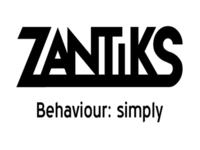
Welcome to the new lab memebers
June 2024We are happy to anounce the lab is lways growing. Welcome to Luisa the ne PhD student and Peter our new official technician

We develop behavioural assays to identify genetic mechanisms in health and disease

We undertake CRISPR-Cas9 gene editing technology to generate null mutant zebrafish lines

We study endophenotypes associated with neurodevelopmental and neuropsychiatric disorders

We use transgenic lines and perform staining to relate neural activity and network formation to behaviour

We are happy to anounce the lab is lways growing. Welcome to Luisa the ne PhD student and Peter our new official technician
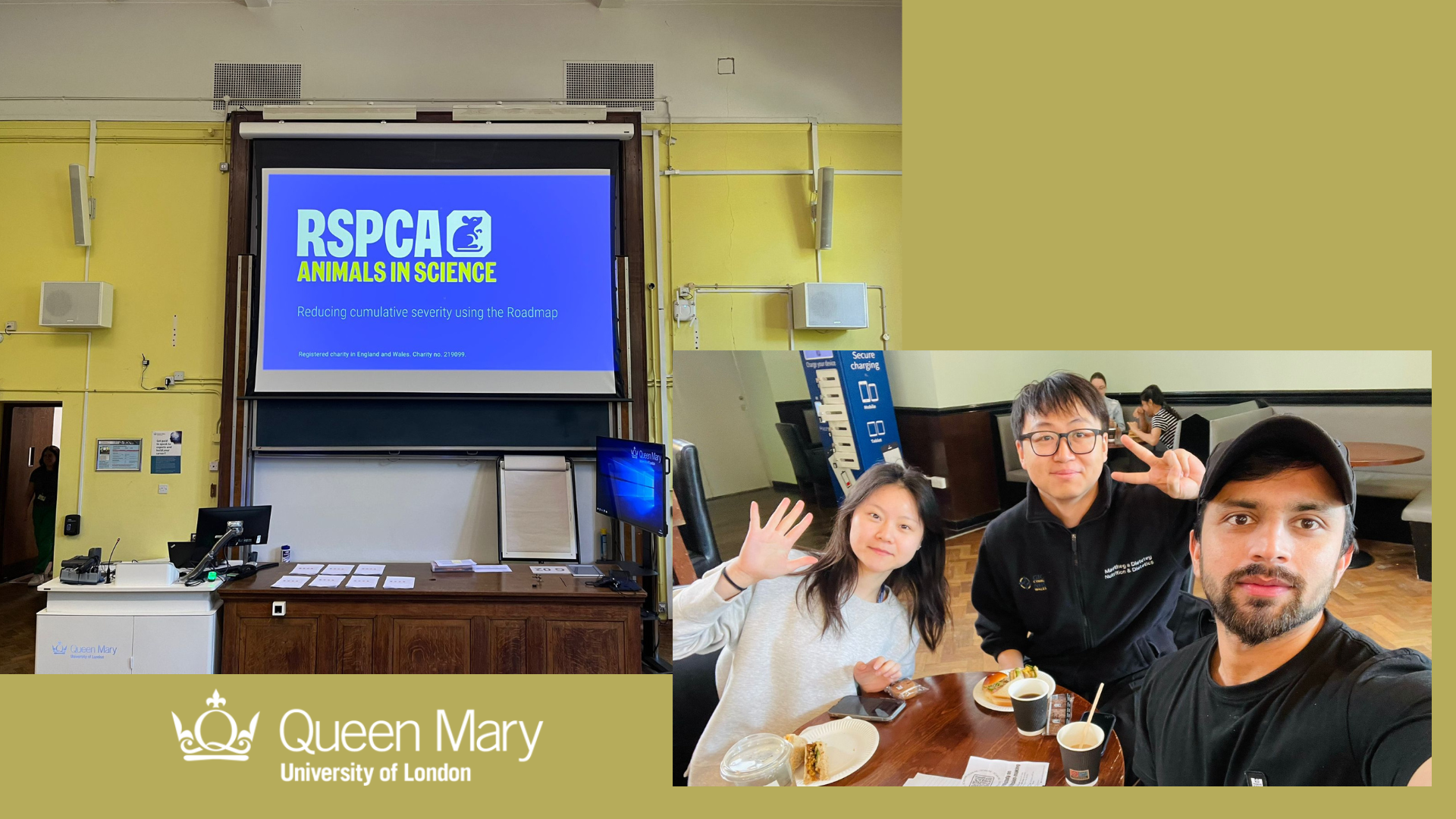
Always interested in our animals welfare, members of the lab keep been updated. This time they visisted Chatterhouse campus to assist to the RoadMap to best welfare management" seminar
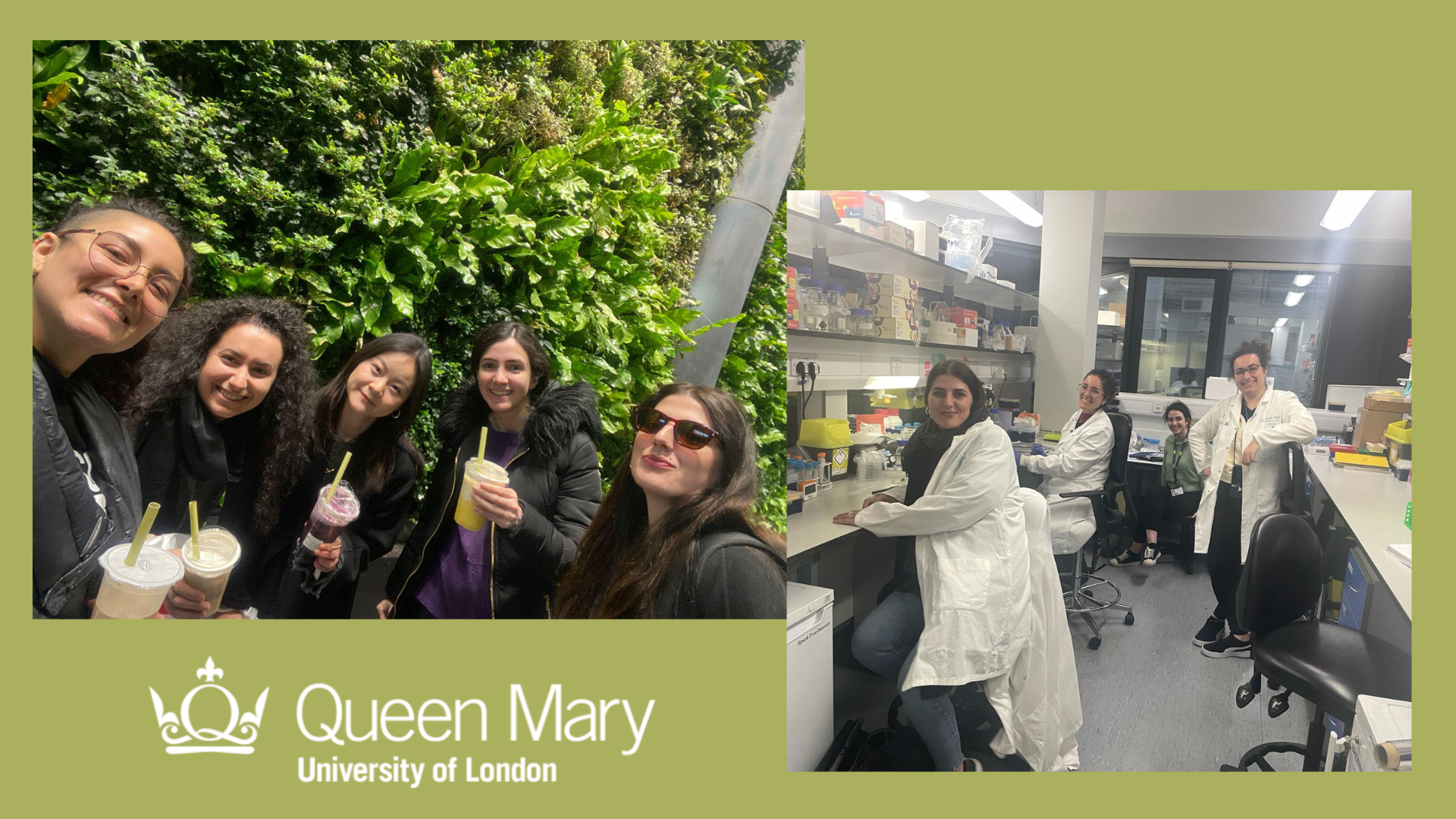
Congratulations for all these young and dedicated researchers finding the balance between lab and enjoying their stancy in the country
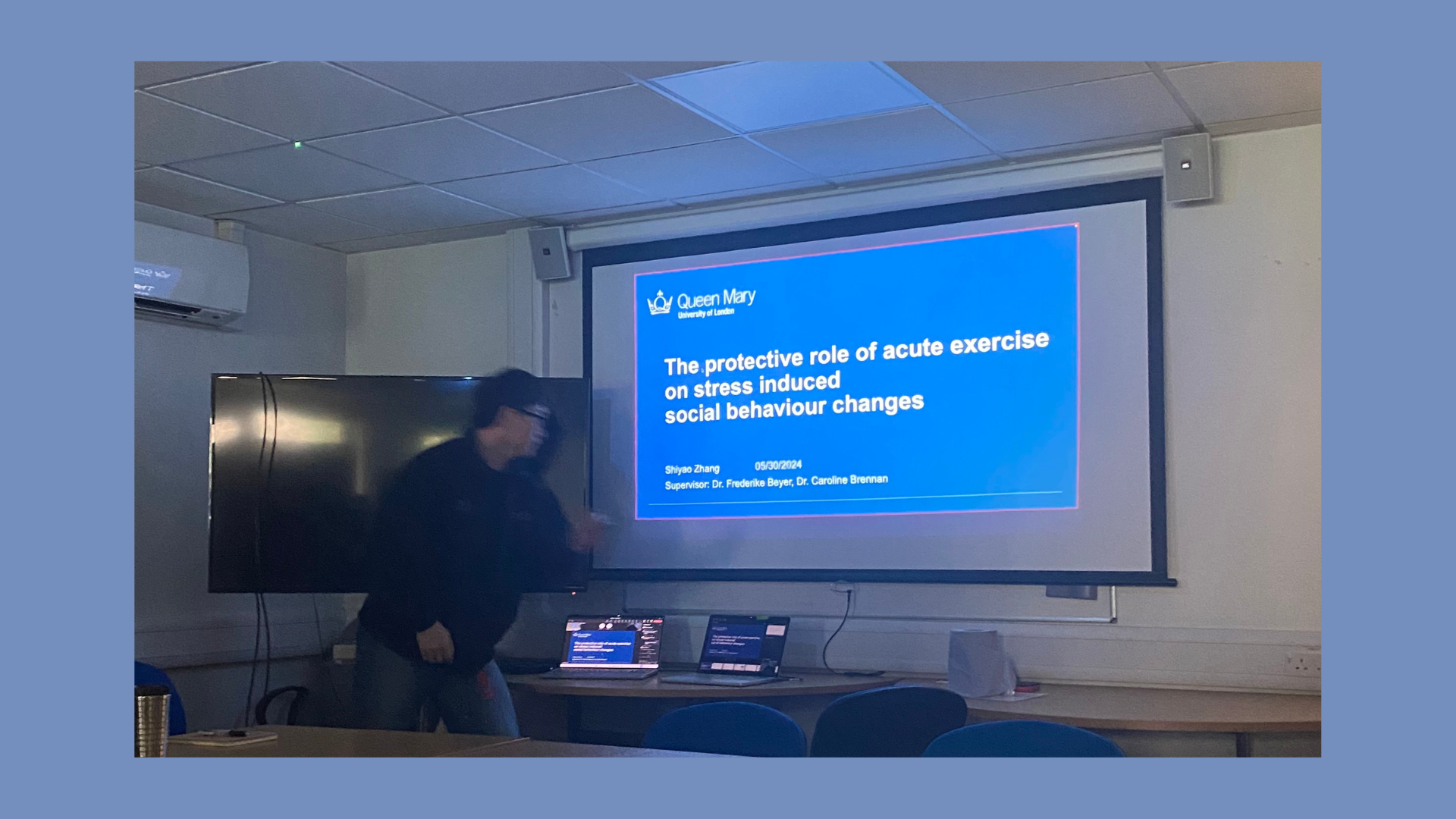
Second year PhD student Shiyao, presented his work about "the protective role of acute excersice on stress induced social behaviour changes" during the meeting, creating interest about zefrafish in psychology dept
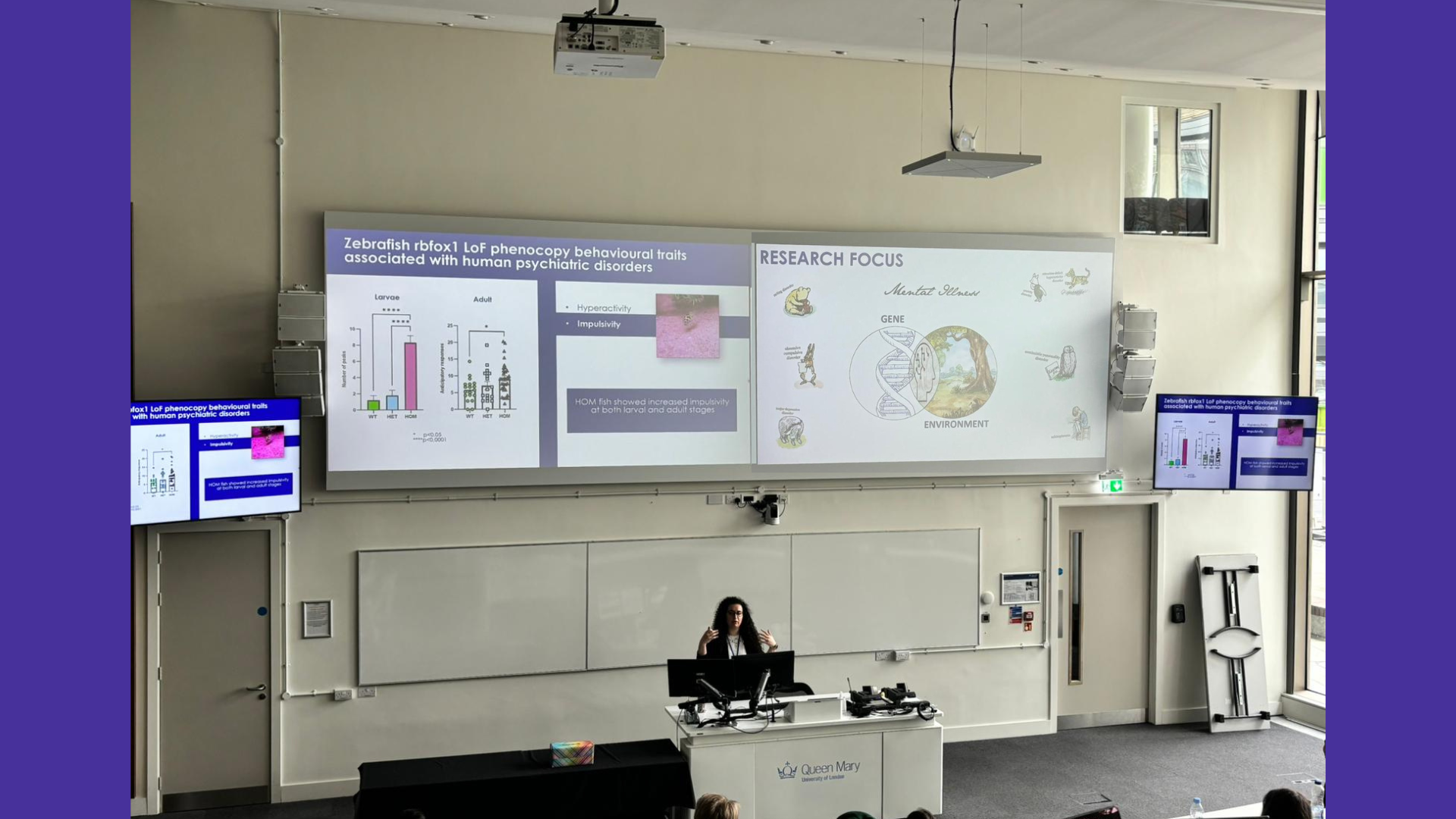
Congratulations to our PDRA Adele Leggieri, who gave a fantastic talk with amazing data, easy to understand interpretation and beautiful animations; winning as the best oral presentation during the PDRA symposium

In the aim to expand her knowdelge about "Using zebrafish to identify genes and pathways afecting addiction related behaviour" Prof.Caroline Brennan visited Nanchang University Queen Mary.

All in the lab are glad to congratulate our beloved leader, Professor Caroline, for her new interim possition as Head of School of Biological and Behavioral Sciences. We are so proud of you

This year, Roy is the new PhD student who clearly presented his project about the study of genes and impulsivity

Our three 2nd year PhD students, Waqas, Shiyao and Jhosadara did an excellent job with their posters and congratulations for the latter who won the prize of the best poster presented. All of them are clear evidence of teamwork and effort.

Beautiful and consistent results during Xian`s presentations. Congratulations to her for giving her talk twice in a day for Psychology and Biochemiestry departments of SBBS

Gene-ius fish was present during the night of science and engineering where we had the opportunity to do some networking in and outside QMUL

With enthusiasm, we began 2024 welcoming new PhD and masters students while sadly saying goodbye to Ana who worked with us the last 6 months. This time we toasted with mexican margaritas

Before everyone goes to celebrate Christmas with their families, lab memebers celebrated Christmas with a secret santa. It was a cheerful night full of laughs and surprises

Brilliant presentation from Xian during the P&G club! She presented her creation of AIP loss of function zebrafish line within the failure to thrive and cardiac defects that it causes
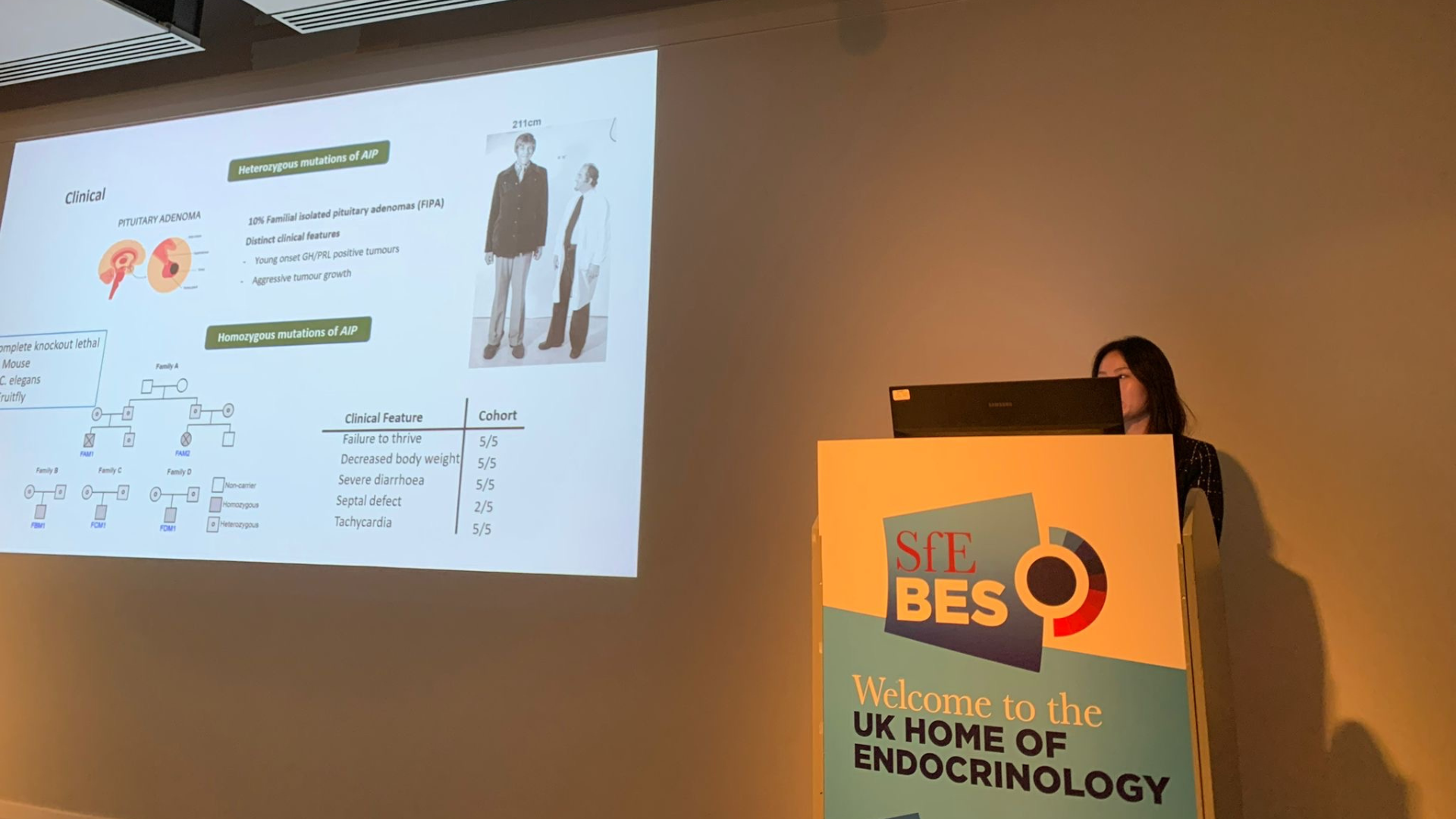
We are all proud of our excellent PhD student Xian Wang, who presented her work in the annual conference of the Society for Endocronocronology

As stunning as always, Prof Caroline Brennan talking around the world about the amazing model the zebrafish is for the development of human mind research

It was a pleasure to receive Peter in the lab. He developed a pharmacology summer project, which was awarded as the best presentation

We all congratulate Aleks for finalizing her PhD journey in the lab and successfully passing her VIVA. We will miss you and wish you the best in the next steps of your career

Now you can watch more about gene-ius fish exhibition and how zebrafish can be used to improve mental health as the deonstration of the important similarities beetween mammal and zebrafish brains

We are very greatful to more than 10 members of the group who make this exhibition possible, fun and easy to learn for more than 10,000 people that visited us during the Royal Society Summer Science Exhibition 2023

After months of planning, and a lot of hardwork; we are excitingly setting everything to give you the funniest week to learn more about zebrafish and how can be used to imporve human mental health

We happily congratulate our estimated endocrinologist colaborator; Marta, who won the Laureate Award this year at the ENDO conference

Exciting time for our PhD student Xian who flew to Chicago to present zebrafish as an excellent model to study AIP function at the ENDO 2023

Amazing talk in the PDRA Sysmposium from our posdoctoral resarcher Adele; who presented the finding of novel physiological pathways of rbfox-1 gene in mental health

Team of NEB visited us and gave a very useful update about the wide variety of new tools for doing sicience in a more precise and effective way

Be rewarded with aprox £6 (£8/hour) and help us uncover how working memory holds and manipulates relevant information in mind while making an economic decision, for more information; contact: shiyao.zhang@qmul.ac.uk

Great time for members of Brennan Lab being invited to the "London Next Generation Sequencing Symposium" sponsored by New England Biolabs

Wait no more and visit our website! where you can see all the details regarding our participation in this year Royal Society Summer Science Exhibition

Our estimated profesor Brennan was present in 2023 FENS Regional Meeting talking about the incredible abilities in zebrafish

We are happy to anounce our participation in the Summer Science Exhibition 2023. In the website launch this 19th of April you will be able to check all the activities and exhibitions

Our estimated principal investigator and postdoctoral researcher gave an amazing talk on "The use of zebrafish in psychopharmacology research" during the BAP Certificate in Non-clinical Psychopharmacology course
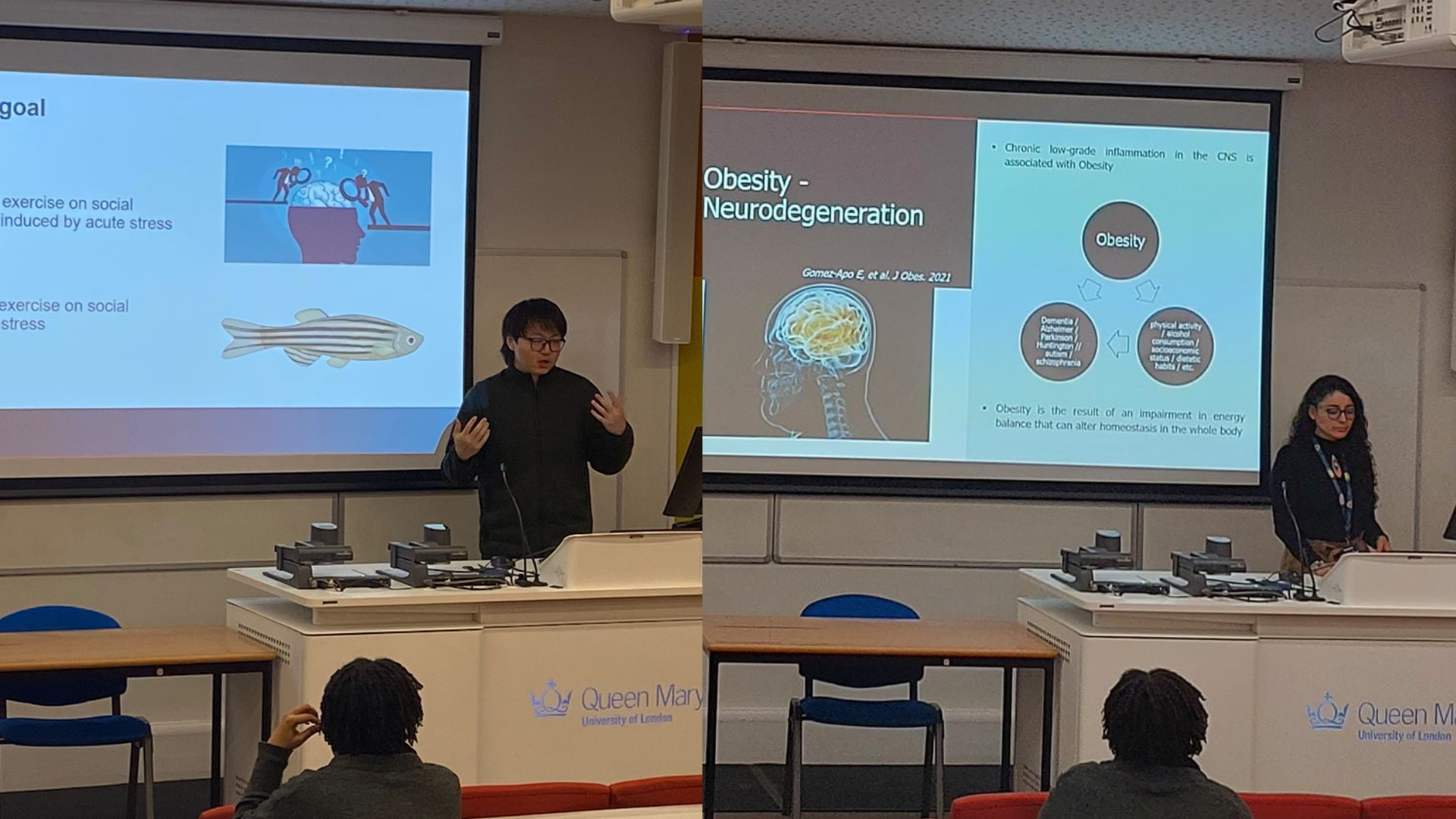
The first year PhD students Shiyao and Jhosadara presented their very interesting projects related to excercise for stress and appetite control in neurodegeneration respectivetely

Our brilliant research technician Will is leaving Brennan lab. We wish you all the best for the future!
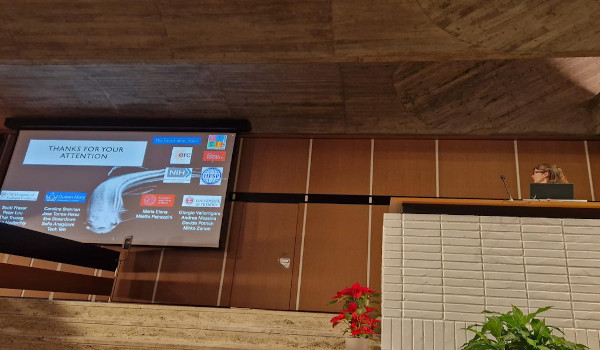
Caroline reconnected with Maria Elena at European Workshop on Cognitive Neuropsychology meeting in Bressanone Brixen. She was a plenary speaker in number cognition session and together with Maria Elena spoke on Genetics of Number Cognition
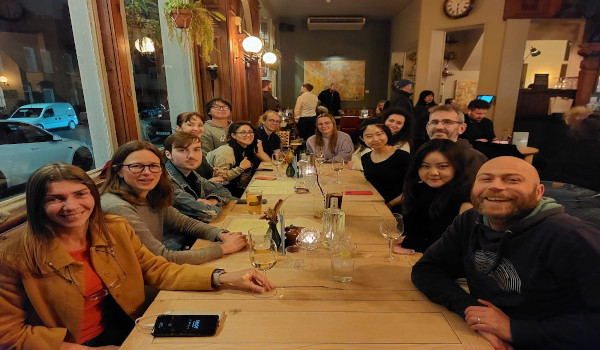
We had a great time catching up and celebrating the New Year over dinner and drinks together with Busch Group
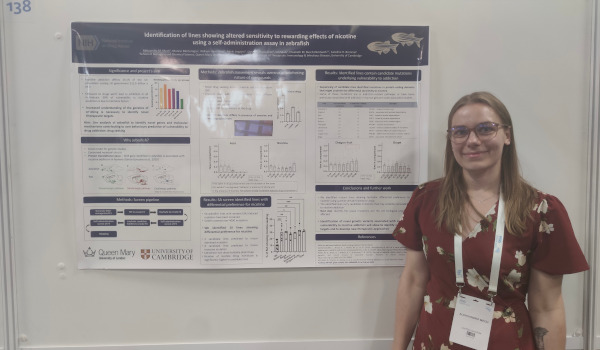
Aleks and Saeedeh attended and presented their research during FENS Forum 2022 in Paris, France

We said goodbye to our two brilliant post-docs, Lilah Glazer and Maria Elena Miletto Petrazzini with a socially distant picnic. We are sad to see you go and wish both of you all the best for your future endeavours!
Professor Caroline Brennan and Dr Jose Torres-Pérez are guest-editing a special issue on “Zebrafish: A Model for the Study of Human Diseases” at Biomolecules (IF 4.694). Researchers from any discipline are invited to submit new research articles or reviews to this special issue. If you need more info, don’t hesitate to contact us! Deadline: 31 December 2020
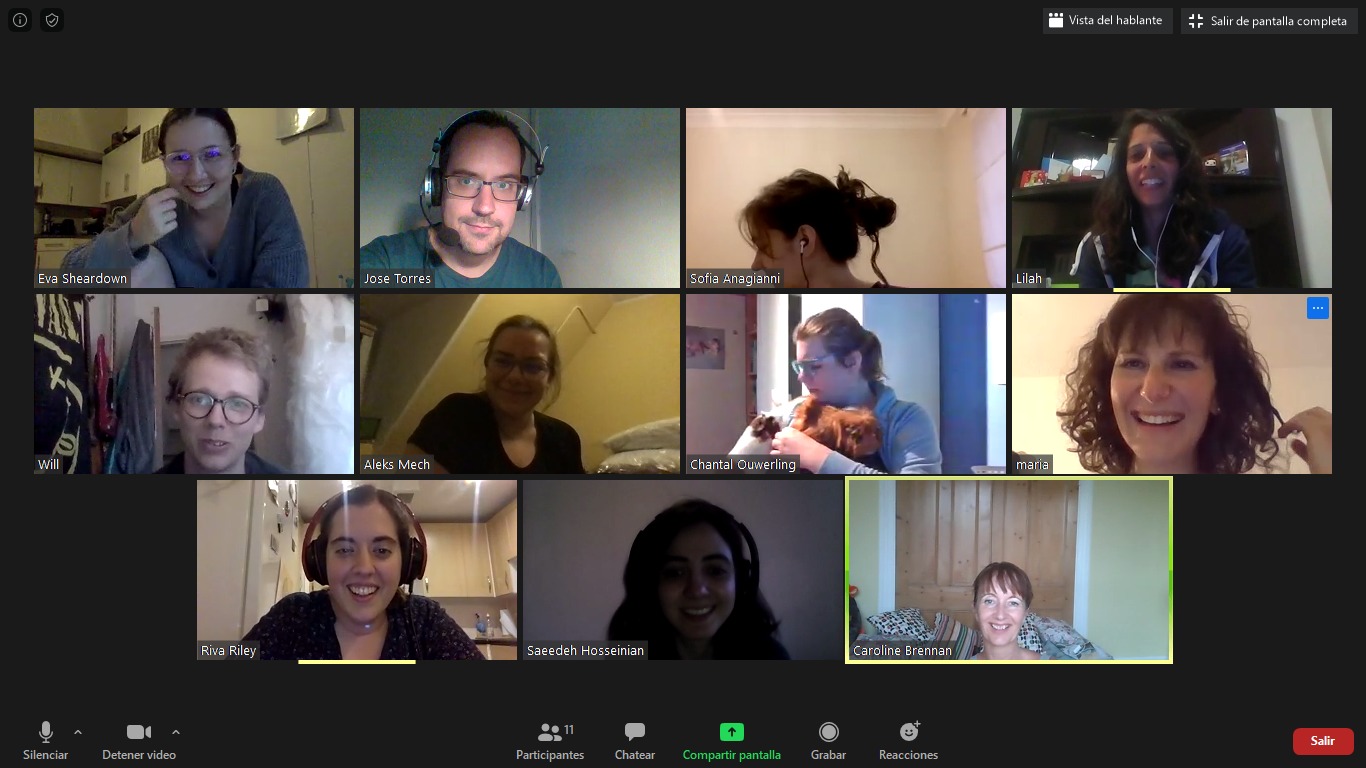
We have been holding an online R course by Riva as well as functional genomics by Aleksandra and Saeedeh during the lockdown.
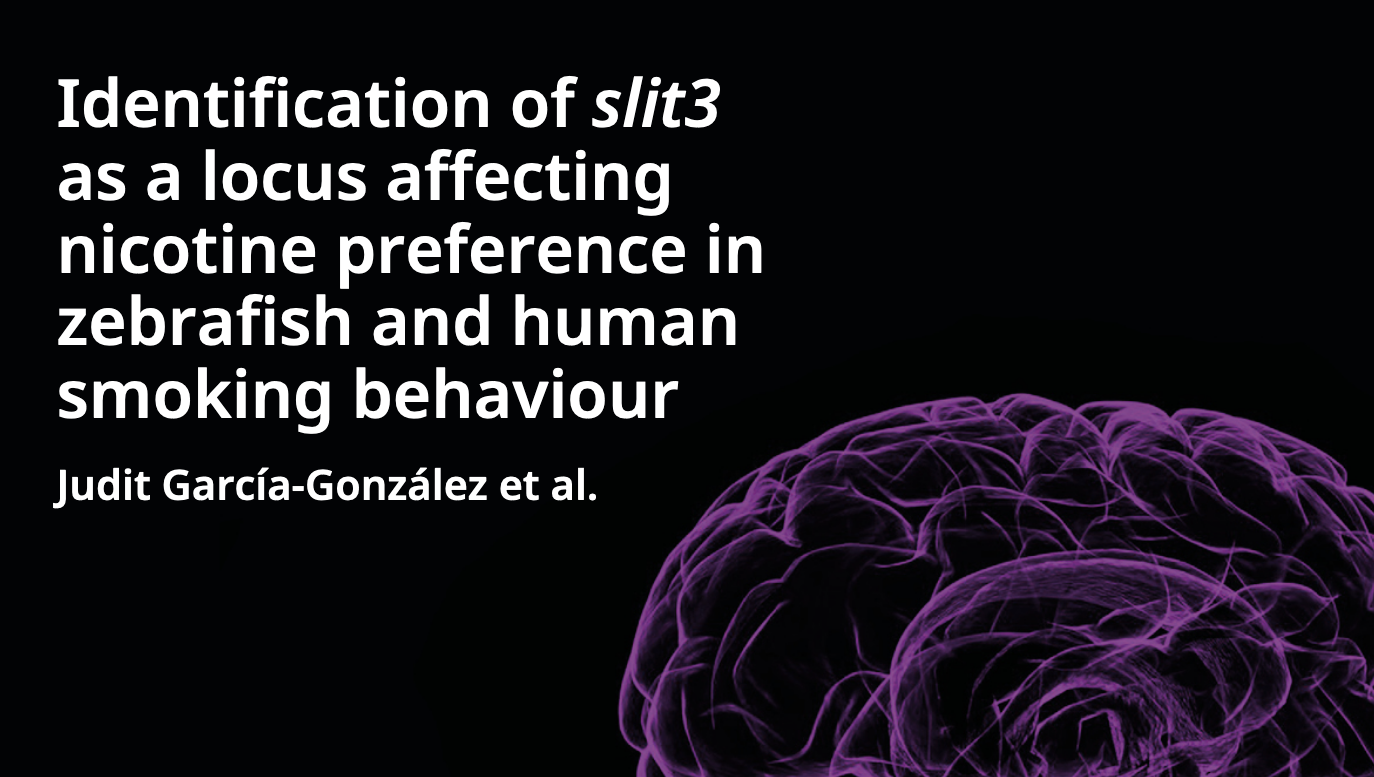
Identification of slit3 as a locus affecting nicotine preference in zebrafish and human smoking behaviour
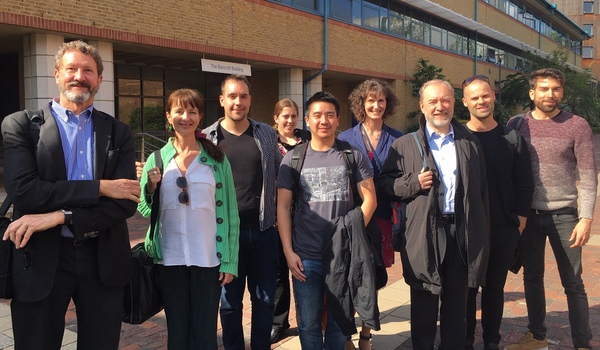
L to R: Scott Fraser, Caroline Brennan, Jose Torres-Perez, Riva Riley, Peter Luu, Maria Elena Miletto, Giorgio Vallortigara, Andrea Messina, Davide Potrich
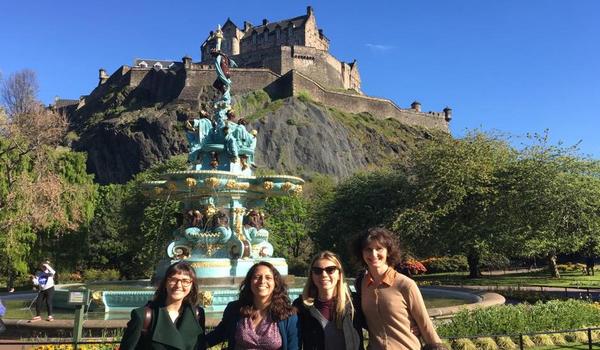
Caroline, Mary, Lilah and Judit attended and presented their research during the 21st Annual Meeting of the International Behavioural and Neural Genetics Society in Edinbrugh, Scotland.

Mary hosted a symposium sponsored by the Company of Biologists at the Comparative Cognition CO3 2019 meeting, Melbourne Florida

Frontier Technologies in Zebrafish: single-cell transcriptomics, genome-editing, imaging, and behaviour.
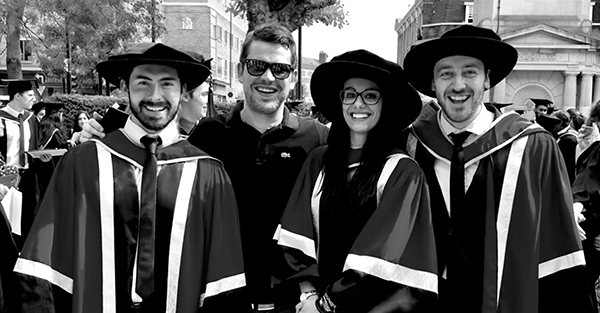
Alumni Ari Sudwarts and Alistair Brock launch Nutrition-Tech Start-up called Shoreditch-son in Okinawa, Japan.
The Numerosity Group visited collaborators, Giorgio Vallortigara, Andrea Messina and Davide Potrich at the Mind Brain Institute, University of Trente, Italy. A very productive visit but with time for team building.
The need to discover and develop safe and effective new medicines is
greatest for disorders of the brain. According to the World Health
Organisation, CNS disorders will be the greatest medical need of this
Century as no CNS disorder is currently treated adequately and the
number of people in the world with CNS disease is set to increase
sharply in the decades ahead.
Compared to other therapeutic areas, it
takes longer to get a CNS drug to clinical settings, and the
probability of getting there is lower. There are a number of
contributing factors including the staggering complexity of the human
brain, which means our knowledge all CNS disorders is largely
incomplete, and the cost and difficulty in testing new compounds for
effectiveness and safety.
In order to reduce costs and facilitate development of effective therapeutics,
new means of assessing brain effects and safety of novel compounds are urgently
sought by the pharmaceutical industry. In recent years zebrafish have been
found to be a useful species in which to screen for genes and compounds
affecting human disease conditions as they share many developmental and
disease causing processes.
Zebrafish can contribute to the discovery process by helping to
identify genes and processes underlying disease conditions as well as
providing a system in which to test for drug effectiveness and safety.
Although zebrafish can not replace the use of other animal species
entirely, they provide a simple, cost effective system for first round
trials and have the potential to increase the rate at which compounds
can be brought to market.


